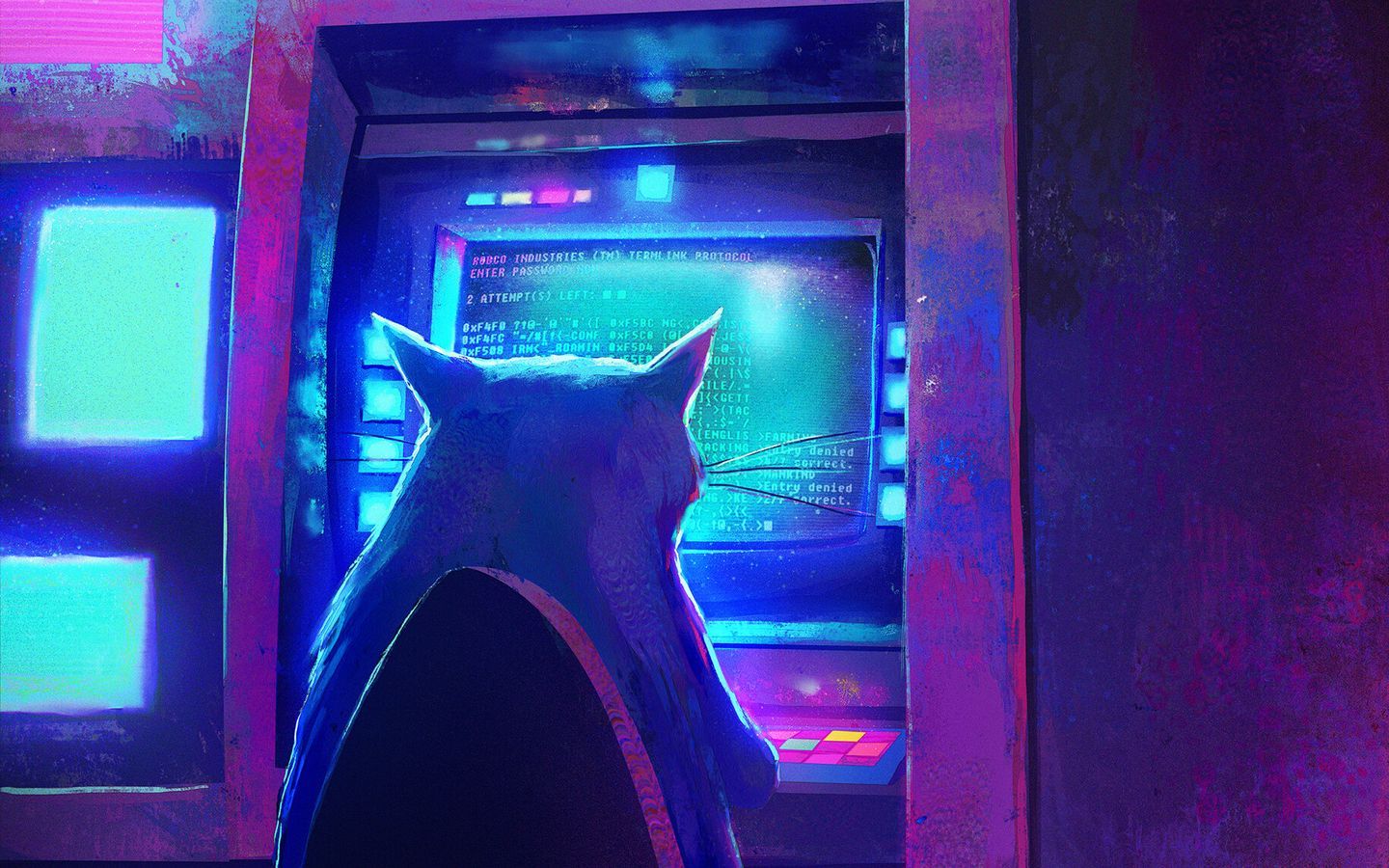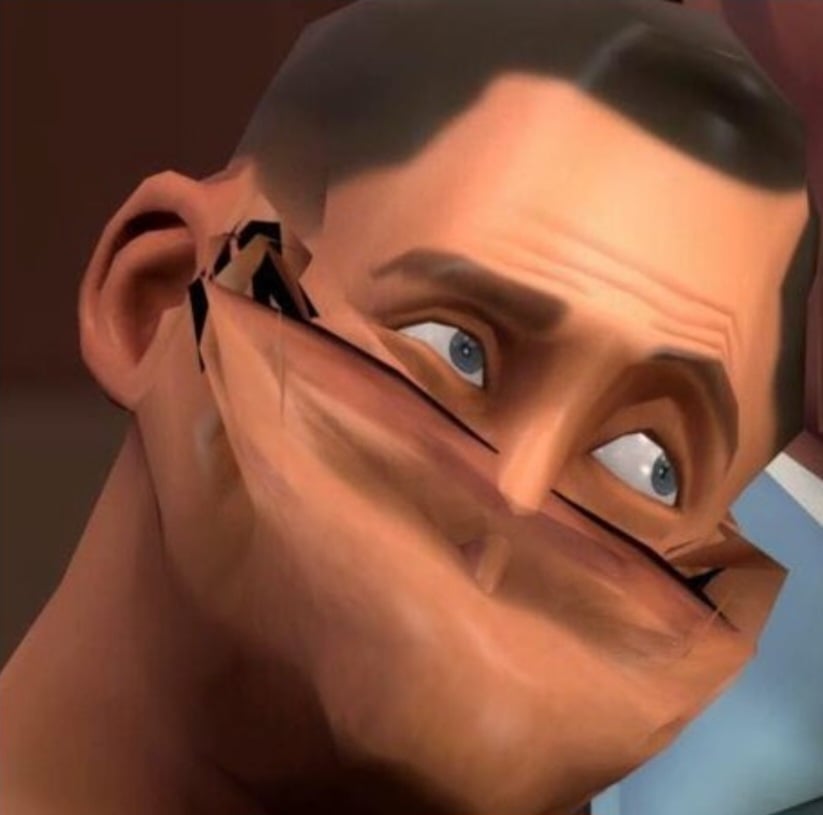Shouldn’t it be pictures of a warehouse first, and then on the full moon it turns into a house making it a werehouse? A werewolf turns into a wolf on the full moon, so the “were” prefix should proceed what it turns into. Unless this is supposed to be a were-warehouse.
Fuck you and your logic.
But yes…
We’re werehouses here, not swearhouses.
A werewolf is always a werewolf that transforms from man (prey) to wolf (predator) when there is a full moon. So in this example the werehouse would go from house to wrecking ball.
kinda, the “were” actually comes from old Germanic “wer”, meaning “man”. Werewolf just means “man wolf” lol. So I suppose a warehouse could be a human who turns into a house at full moon
Were/wer is old English for man. I think the word is related to the Gaelic word “fear” (pronounced fare), also meaning man.
Thus a werehouse would be a man that is cursed to transform into a house.
I believe you are correct. Hus is old English for house but I don’t know the equivalent to warehouse. Maybe barn, or bereærn. So a barn that turns into a house would be a bereærnhus, and a house that turned into a barn would be a husbereærn.
And a house that turned into a man would be huswer, and the opposite a werhus. 😂
One of the rare times when I feel the Hololive girls did this joke better…

I didnt get it
House
Warehouse
werehouse
the warehouse werehouse
But i dont even know where that house is?
You fool. You fell right into my trap.
We are now friends
Yay!
Took me a moment tbf
It took me a second too, but omg when i figured it out it was so much better. Lol
For like full minute I was thinking that the house rotated in such way that its garage is on the opposite side of the moon. And I was like why is it funny?
Where house?












